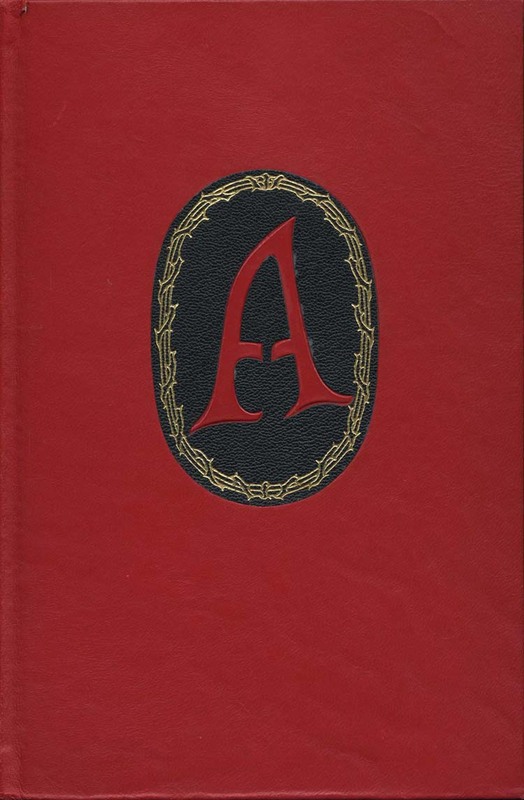Nathaniel Hawthorne
Nathaniel Hawthorne was born on July 4, 1804 in Salem, Massachusetts, to a family that had been prominent in the area since colonial times. A rich lore of family and local history provided much of the material for Hawthorne's works. When Nathaniel was four, his father died on a voyage in Surinam, Dutch Guinea, but maternal relatives recognized his literary talent and financed his education at Bowdoin College. Among his classmates were many of the important literary and political figures of the day: writer Horatio Bridge, future Senator Jonathan Ciley, Henry Wadsworth Longfellow, and future President Franklin Pierce. These prominent friends supplied Hawthorne with government employment in the lean times, allowing him time to bloom as an author.
Like James Fenimore Cooper, Hawthorne was extremely concerned with conventionality; his first pseudonymously published short stories imitated Sir Walter Scott, as did his 1828 self-published Fanshawe. Hawthorne later formally withdrew most of this early work, discounting it as the work of inexperienced youth. From 1836 to 1844 the Boston-centered Transcendentalist movement, led by Ralph Waldo Emerson, was an important force in New England intellectual circles. The Transcendentalists believed that human existence transcended the sensory realm, and rejected formalism in favor of individual responsibility. Hawthorne's fiancee Sophia Peabody drew him into "the newness," and in 1841 Hawthorne invested $1500 in the Brook Farm Utopian Community, leaving disillusioned within a year. His later works show some Transcendentalist influence, including a belief in individual choice and consequence, and an emphasis on symbolism. As America's first true psychological novel, The Scarlet Letter would convey these ideals; contrasting puritan morality with passion and individualism.
Bowdoin classmate Senator Jonathon Ciley appointed Hawthorne as measurer of Salt and Coal at Boston Custom-House, but he lost his post in 1849 for political reasons. This dismissal prompted Hawthorne to return to writing, and the satirical "The Custom House" became the critically acclaimed prologue to The Scarlet Letter. The autobiographical essay served as a literary device, with the appearance of a mysterious scarlet letter, and laid out Hawthorne's definition of the romance as distinct from the novel. Hawthorne wrote feverishly. Ticknor & Fields agreed to publish the work, and Hawthorne's powerful friends provided favorable reviews.
The Scarlet Letter attained an immediate and lasting success because it addressed spiritual and moral issues from a uniquely American standpoint. In 1850, adultery was an extremely risque subject, but because Hawthorne had the support of the New England literary establishment, it passed easily into the realm of appropriate reading. The Scarlet Letter represents the height of Hawthorne's literary genius; dense with terse descriptions. It remains relevant for its philosophical and psychological depth, and continues to be read as a classic tale on a universal theme.

